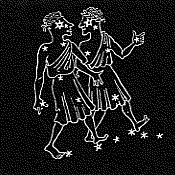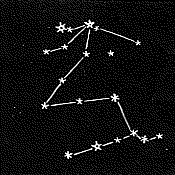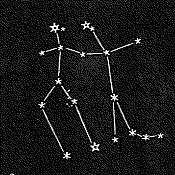
Mythological

Geometric

Graphic
Two and a half millennia ago, Plato developed a theory of knowledge that is subtle, flexible and non-dogmatic according to the findings of the British philosopher Gilbert Ryle. Today familiarity with Ryle's interpretation of Plato's praxis and theory can guide toward a fair perspective on the competing claims put forward by currently fashionable epistemological theories. Incidentally, the very concept of theory has suffered radical changes and needs to be carefully re-examined.
This writing workshop will familiarize its members with the best contemporary translations of Plato's THEAETETUS, PHAEDRUS, and SOPHIST. The THEATETUS asks the question "what is knowledge," the SOPHIST aims and succeeds in establishing the definition of the sophist-as-politician, and the PHAEDRUS engages the patient readers in profound debates on how love and sex are transformed by art into the four pillars of discourse that sustain and expand civilization over the succession of generations.
Class discussions will focus on students' questions generated by the study of each dialogue. To keep track of and profit from these very questions students are required to write comments regularly on the STUDENT FORUM and thereby cultivate their writing and public speaking skills.
Graphic illustrations of cognitive development:
| The Astronomical Twins |
||
 Mythological |
 Geometric |
 Graphic |
|
"The Tree of Knowledge" |